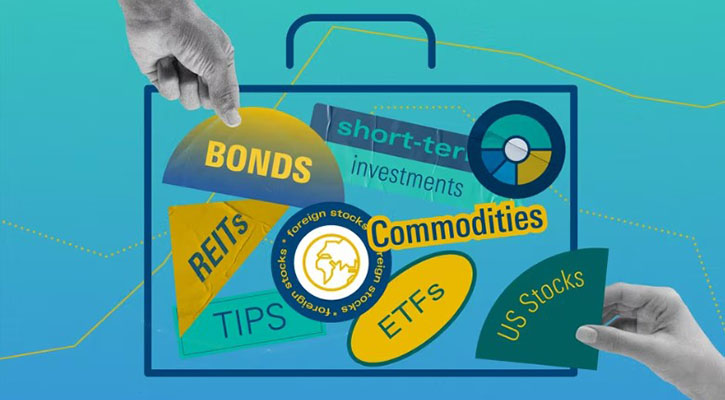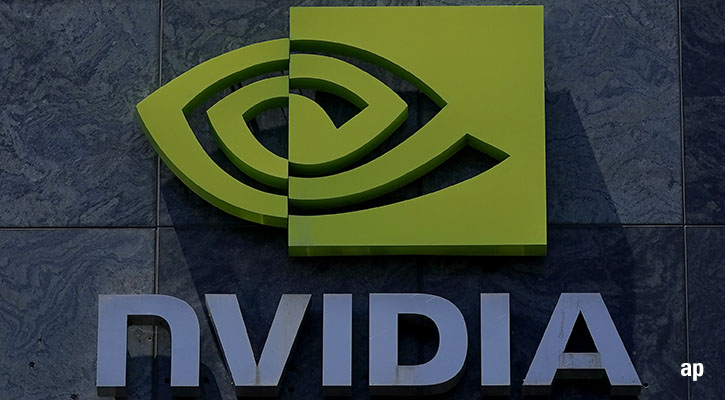Nick Dedes: We recently placed Trimark Fund's analyst rating under review following the departure of its lead manager, Dana Love. Since then, we've had the opportunity to go in and meet with the current lead manager, Michal Hatcher, and we have reinstated the fund's rating.
So, Salman, previously the fund was rated Silver, what is its current rating?
Salman Ahmed: So we've actually lowered the rating from a Silver to a Neutral. Our previous rating was based on a conviction in Dana Love. He had been managing the fund for a little more than four years and during that time we saw him a player of fairly consistent investment process and philosophy.
He did have some bumps along the way. One of the most glaring ones was his investments in the Irish banks during the credit crisis, but other than that he stuck to his philosophy of investing in blue chip companies with some sustainable competitive advantages. And this kind of process did particularly well in the time where we expected it to, particularly last year, where markets were fairly volatile, but the Trimark Fund was among the top decile performers during 2011.
Dedes: So, take us through our assessments of the incoming manager, Michael Hatcher?
Ahmed: So, Michael Hatcher's investment philosophy is very similar to that of Dana Love's philosophy, and an example of that is in the holdings that both of them have in their portfolios. The Trimark Fund's European holdings, seven of nine of them are the same as those in Michael Hatcher's Trimark Europlus fund, and when Michael Hatcher had taken over Trimark Europlus from Dana Love in March 2010, very few changes were made to the underlying holdings in the portfolio.
That's a representation of their investment philosophies being very similar. They both look for the same blue chip, sustainable competitive advantage firms. Where there are differences is in the conviction in Japanese equities. Dana Love had increased the holdings in Japan from 5% to close to 15% to 20% over the last year. Michael Hatcher does not have the same conviction in Japanese equities. He still wants to see some concrete evidence of changes to their corporate culture before he goes into that region.
Dedes: So, there are a couple of items that we are keeping a close eye on. One is Michael Hatcher's ability to ramp up his knowledge and coverage of areas outside his key area of expertise or just European equities; and secondly, also his ability to strike a balance now between his portfolio management duties and other responsibilities, which he took on with the departure of Dana Love namely head of the Global Equities team, and separately he was also given the responsibility for mentoring, sort of, the analyst team and overseeing that group as Director of Research. So, take us through those two items?
Ahmed: So the first point for the last few years he has primarily been responsible for European equities. He does have a supporting cast in Jeff Feng, who specializes in Asian equities, and Darren McKiernan who specializes in U.S. equities. But there will be a time period before he's comfortable making his own investment decisions about these regions, and there will be a ramp-up period as he gets comfortable with these regions.
With regards to his responsibilities, this is something that we have pointed out as a concern. He is stretched a little thin right now. Like you mentioned, he is Director of Research, he is Head of Global Equities in his capacities on the leadership team, and he is also lead manager of three funds. And while Invesco doesn't feel that these two non-investment responsibilities will be a huge time sap, we are waiting to see if it will be a distraction, and we suspect that it could be a distraction from his core investment responsibilities.
Dedes: So, by and large, you wouldn't really expect any drastic changes to the portfolio, the overriding philosophy is generally the same. It's more of a matter of monitoring those two items and really building that same conviction that we did have in its previous management.













:quality(80)/cloudfront-us-east-1.images.arcpublishing.com/morningstar/EAAEIIRVVNE7HNVXBSGTD3WPSI.jpg)






